By Cherno M. Njie, Austin, Texas
October 27, 2018
From where I sit, the acceptance of an anonymous donation of fifty-seven pickup trucks by members of the National Assembly, channeled through President Barrow, was a troubling sign of the lack of judgment of our elected officials, with few exceptions. It was also an early indication of the latent corruption in the executive branch. The recent furor over the payment of a ten- thousand dalasis monthly stipend to some UDP members confirmed, if anything, that a compromised legislature – the branch of government closest to the people – cannot adequately protect our liberty and ensure democratic accountability.
That President Barrow and the legislators have been able to get away with this behavior thus far is a sad reflection of, as it stands, the Gambian character, or lack thereof. Excuse my moral scolding. But I must continue: has not the leader of the UDP and his supporters vociferously defended, excused and justified Barrow’s vehicle “donation?” Stunningly, those same partisans now decry Barrow’s cash payments. What, may I ask, is different ethically between the two incidents to provoke such varied reactions? Hypocrisy, goes the saying, is the tribute vice pays to virtue. To make matters worse, Honorable Darboe, in a fit of misguided loyalty, encouraged Barrow to jettison the coalition agreement’s three-year transition term. He acted dismissively, as if the authors of the accord were unaware of the five-year presidential term in the Constitution. The Vice-President doubled down and threatened to take legal action if President Barrow was held to a three- year term. Thus, the guardrails erected to ensure a disciplined and effective transition were greatly weakened.
When asked by the journalist Omar Wally how he could reconcile his recent proclamation of a food emergency for the country with the profligate travel expenditure of President Barrow, the Vice-President responded that he would need to inquire if the private jet was leased by Barrow himself or the government. While I understand the political jockeying by the two UDP protagonists, and the Vice-President’s momentary tactical disadvantage, these are uncharacteristic political and moral lapses of immense proportions and reason enough that the truth and the national interests – which should be focused on reform and renewal — must not become a casualty of this internecine tussle. To say that I was deeply disappointed is to admit that I held the Vice-President to much higher ethical standards than the President. He has sacrificed much professionally and personally in a long and honorable struggle for freedom. But his actions have consequences.
Is it any wonder that an emboldened President Barrow, buoyed by his political “godfather’s” blessing, would now want to ride roughshod over any one who dares to contest his nomination as the UDP candidate in the next presidential election? Unfazed by public outcry for answers, he
stayed mum over the large sum of money remitted to the account of the First Lady’s Foundation. And this is only what we have public knowledge of. The belated attempt by the Minister of Information to explain the source of these funds is a fairy tale, only one less credible than the Saudi Arabian fairy tale on the disappearance of the journalist, Jamal Khashoggi. At least that tale has a Prince. It is tempting to regard Barrow’s behavior as UDP’s just reward, but that would be short- sighted. For this goes further than intra-party politics, and strikes at the heart of our nascent democracy, with implications for national institutions and our fragile political culture. A President disinclined to follow his own party’s rules, and whose ethical lapses are boundless, cannot be expected to be scrupulous in abiding by the Constitution and the nation’s laws. We all now have a stake in restraining this naked power grab run amok.
With our zeal for the New Gambia, we seemed to have forgotten what it was that got us here in the first place. To watch the daily parade of Gambia’s leaders and political elite appear before the Janneh Commission is to witness a procession of alibis and abdications. Surely, these are not all bad people. Yet I cannot help but feel that something has gone awry in our public comportment; something inside has dissolved, succumbed to cynicism and a habit we have developed for indulging helplessness. There is scant moral fortitude. Only look around. The nations that we admire, that we seek to emulate are not perfect, but never are they built upon cultural decay and maintained through moral faint-heartedness. A nation that holds Imam Baba Leigh in equal esteem with the Imams of the Supreme Islamic Council – who gave succor and legitimacy to Jammeh – or regards them as interchangeable, lacks moral depth or self-reflection. A well-functioning society, besides the law, employs moral reproach to sustain, encourage, and elevate what is good in all of us over what is corrupting. When, on the other hand, unsavory fixers of the Jammeh regime sit at the right hand of Barrow, the President may speak with little moral authority.
In case you think these lapses of character are a recent phenomenon, I would remind you that President Jawara, after three decades in power, was persuaded from resigning (if he meant to do so), by PPP stalwarts based on the quaint idea that he was indispensable to the nation. The graveyards, De Gaulle remarked, are full of indispensable people. The failure of leadership has been the rule at pivotal moments in our history, those moments precisely when we needed leaderswhowerehigh-minded. Itappears,thatindischargingthedutiesofhighpublicoffice,we tend towards personal gain and the absence of moral courage — the courage to do what is right for the country.
As a small, close-knit community, the theory goes, we are conditioned to “maslaha,” to want to get along and avoid tension. After all, how can one be disagreeable or judgmental with a fellow citizen if he is a friend, relative, acquaintance, or neighbor you may encounter or socialize with? Ifweacceptthepremise,itshouldtooworktheotherwayaround. Weshouldberestrainedfrom the misuse of public resources, incentivized to further the national interest or inhibited in flaunting ill-gotten gains. But we know this is not the case. So, we practice a distorted situational ethics by excusing behaviors in some that we condemn in others. We remember an African proverb, that
the gorgeous dress of a thief is not a garment of honor. In Gambia, such garments are worn with considerable flourish, eliciting not scorn, but adulation. There is an apt Wolof proverb for this :Nit ku amul jomm, amul dara (A person without honor does not have anything).
I have a long-held fantasy that one day, I will wake up to the news that a prominent public official has resigned on a matter of principle. Perhaps — just perhaps — that will begin a cultural shift towards a new ethos of public service infused with radical truthfulness. So, as we inaugurate the TRRC and CRC, let us reflect on what it means to be a Gambian. What values do we want to carry with us? A constitution is only as good as the cultural and societal values of the people it is meant to serve. It does not work in the opposite direction. As the American Justice Scalia once said: every banana republic has a Bill of Rights. To build the Gambia we want, we must be true to ourselves. There are no short cuts. Character, Integrity, Principle, Courage: they all matter!

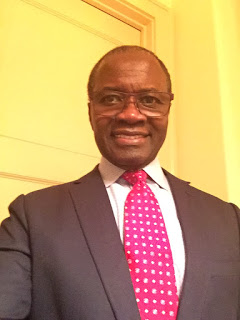

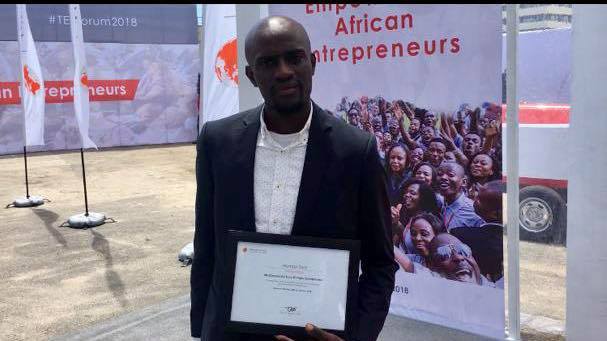

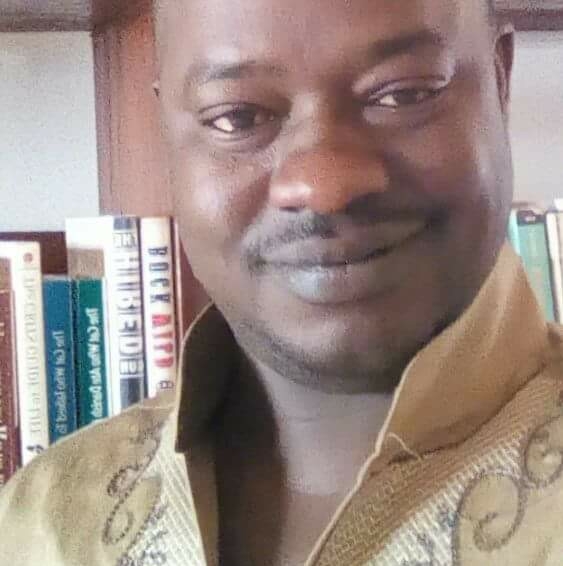
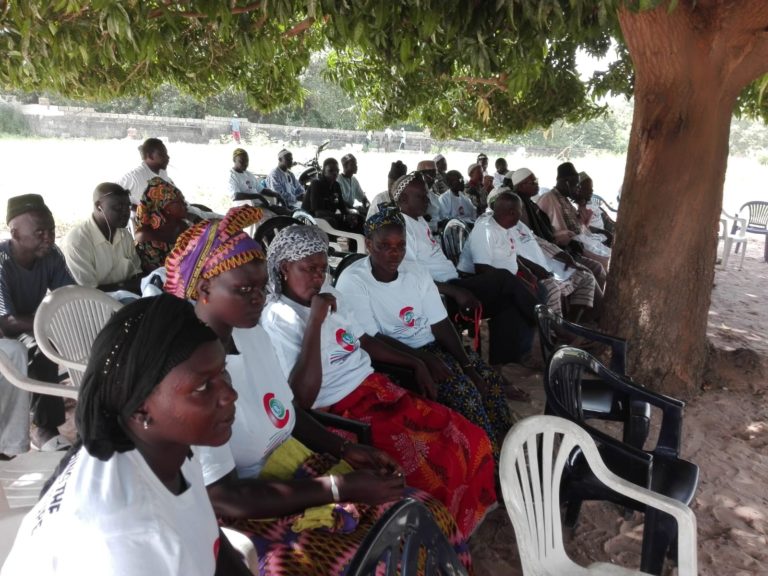
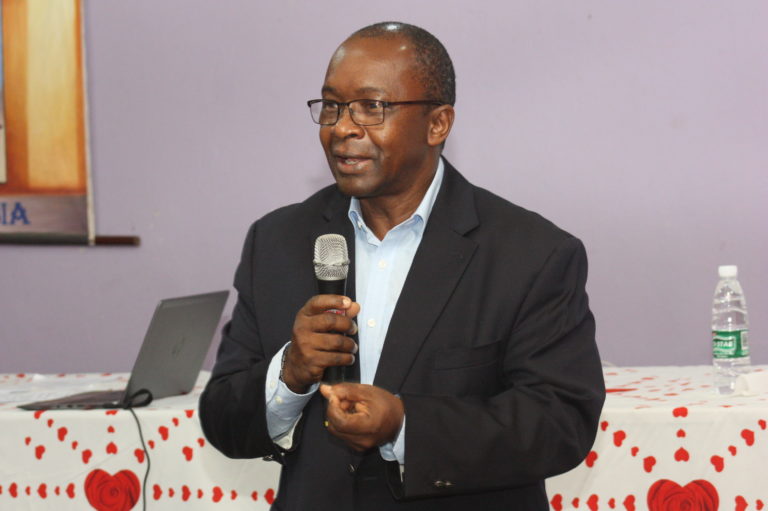
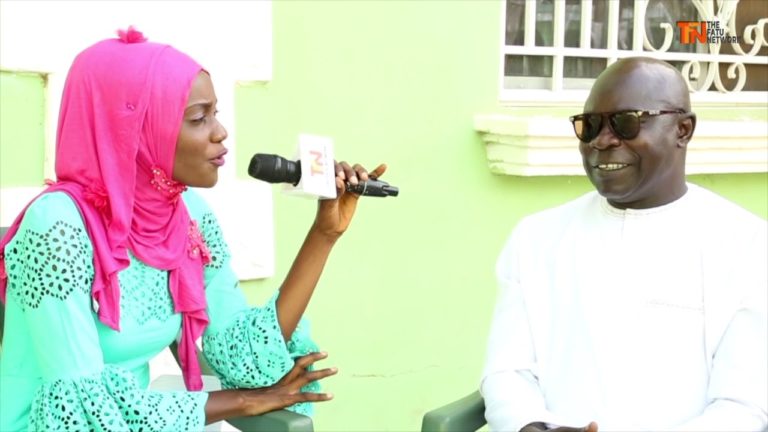
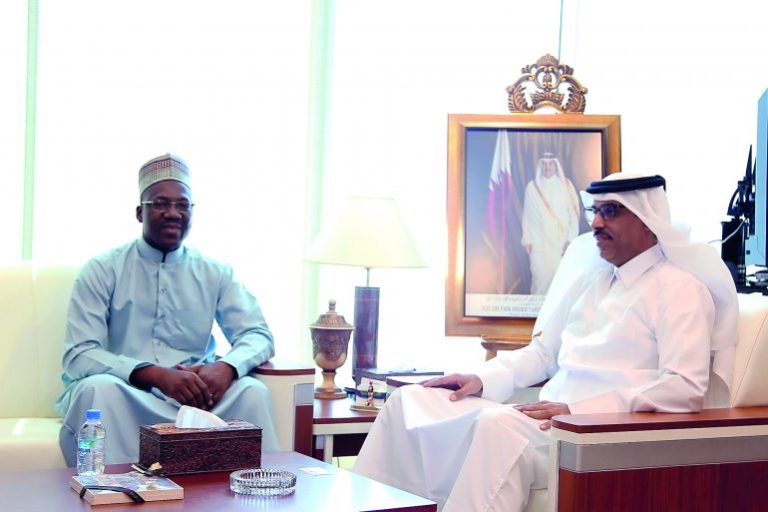
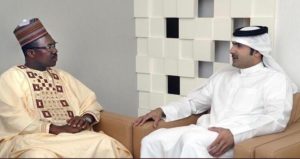


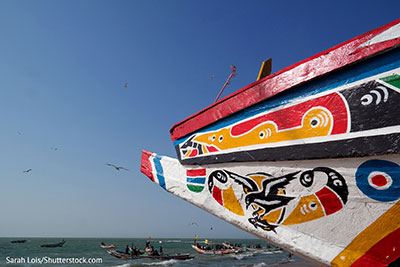

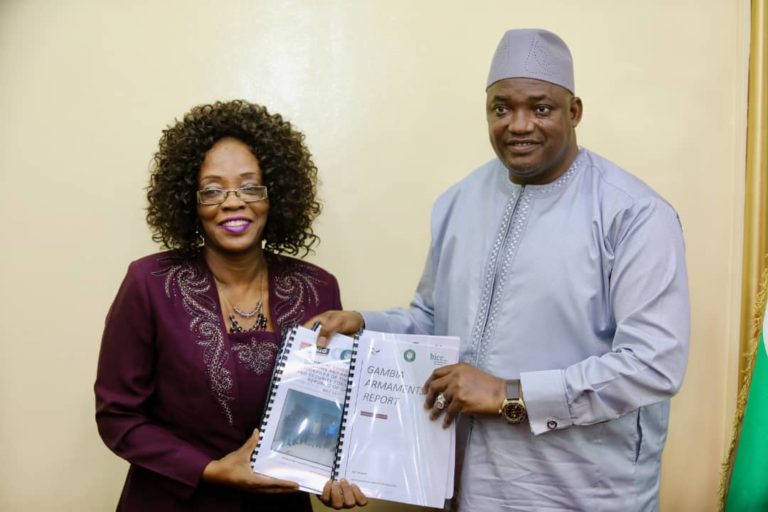
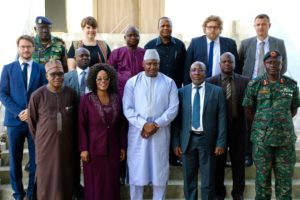

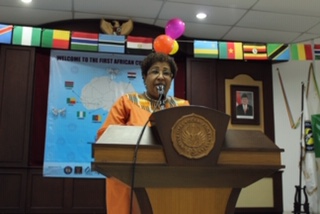
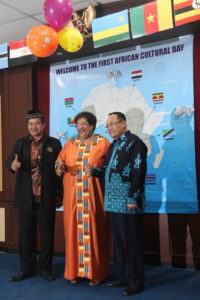
CRC BEGINS ‘MEET THE STUDENTS’ SCHOOL TOUR
Kotu, Futurelec Building – 29th October, 2018
As part of its public consultation process ahead of the drafting of the new Gambian constitution, the Constitutional Review Commission (CRC) began a national school tour to sensitize students about its mandate and also hear their submissions on the review process. The Commission held the maiden edition of the ‘meet the students tour’ at Nusrat Senior Secondary School in Bundung on Saturday 27th October 2018 and many other schools will be subsequently visited to encourage and engage student participation in the constitution making process.
Welcoming the CRC delegation at Nusrat, the Principal, Karamo S. Bojang, commended the Commission for its review methodology of reaching out to the public before drafting the constitution. . “This time, the review process is different. Everybody must participate to build a new constitution that is inclusive,” Bojang said whileurging students to fully participate in the process and have their views heard.
The Executive Secretary of the CRC, Omar Ousman Jobe, said the Commission has recognized that the majority of senior school students will be eligible to vote in the country’s next electoral cycle. “It is very critical at this stage that we include students and these emerging voter demographic into the constitutional review dialogue for them to know and understand the issues in the constitution in order to make enlightened and informed choices,” Jobe noted
“This is the time to be part of the conversation so that you will see yourself in the new constitution,” the CRC secretary told students. Whilst emphasising the importance of national consensus in the review process, Mr. Jobe said the Commission is committed to drafting a sustainable constitution that will endure the test of time and the needs of national aspirations.
In his presentation, Commissioner Lamin S. Camara, said the Constitutional Review Commission (CRC) is established by an Act of the National Assembly to review the current Constitution and draft a new constitution that reflects the wishes and aspirations of the Gambian people. “The Act has certain provisions that we need to comply with. One of them is that we need to seek the opinion of Gambians. You (students) are a fundamental part of this country and your input in the next constitution is an inevitable requisite,” Commissioner Camara remarked.
He said a constitution is a set of rules and regulations that citizens of a country have subscribed to and have pledged to be governed by. In executing its mandate, Commissioner Camara said the CRC is required to engage and have regard for national values and ethos. He added the Commission will safeguard and promote, amongst others, The Gambia’s Republican systems of governance, including democratic values and respect for and promotion of the rule of law and fundamental rights and freedoms. While enjoining students at the meeting to inform others about the CRC and encourage participation, Commissioner Camara advised senior schools to consider offering Constitutional Law as a subject.
Underscoring the importance of inclusivity in the making of the new charter of laws, Commissioner Fatoumatta Jallow said the constitutional review process has social, economic and cultural dimensions. She expressed delight that students are passionate about the drafting of the new constitution. Commissioner Jallow added that student interest should not only stop at the constitutional review process but the country’s governance in general.
Speaking on behalf of the students, Fatoumatta Fatty, President of Nusrat History and Government club said they have learnt a lot about the constitution and its importance and assured that efforts will be made as students to inspire participation and student engagement in the constitution making process. Fatty lauded the CRC for holding its first outreach program at the school. Issues submitted by the students include presidential term limit, free university education, reduction of retirement age, strict measures to fight corruption, absolute majority in elections, independence and power of the legislature, right to life, and the nationality of court judges.
The CRC’s Head of Media and Communication Sainey MK Marenah reminded students that they are a core entity and the future drivers of the electoral process and so its critical to for them to try to understand and engage with the constitutional review undertaking as the basis of the Gambia’s new dispensation.
The CRC ‘Meet the students tour’ continues with the first leg targeting senior schools across the metropolis.